News
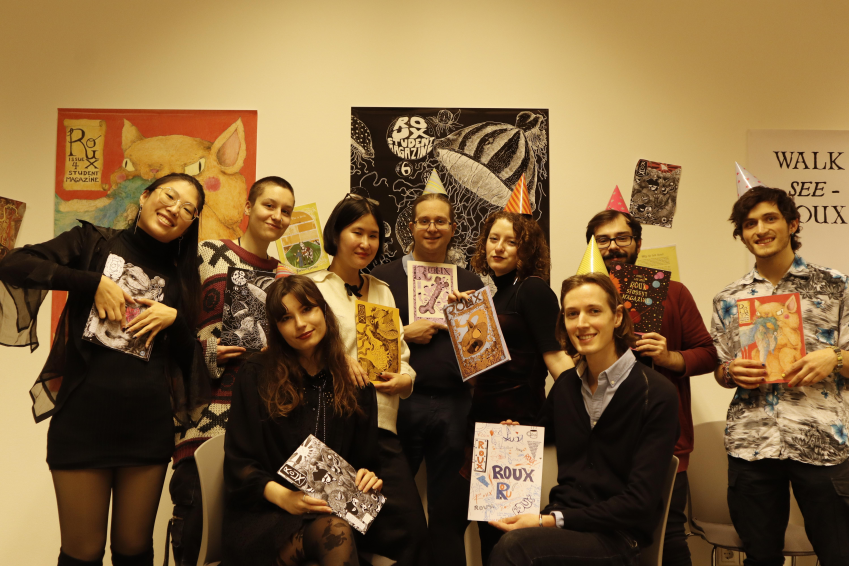
Conquering Hearts - The Alumni behind the Uni.lu Student Magazine ROUX
The one and only Uni.lu student magazine ROUX launched in May 2022 and has already won the hearts of its many readers, not only among the students but also in the larger University of Luxembourg community. Several of the founders are now alumni and we spoke to one of them, Zoltan Tajti, about why he decided to create ROUX.
Why did you come to study at Uni.lu?
I had worked in Luxembourg as a trainee at the European Commission, and I liked the country and the way of life here; not just the quality of life but the attitude with which people live their lives. I wanted to do a PhD in Luxembourg, and for that I needed to do a master’s programme that would get me closer to my doctoral studies. I chose the philosophy master, and I was very happy about it. I graduated last February, and my graduation ceremony was last December. Now I am writing applications for my PhD and my primary objective is to do it in Luxembourg.
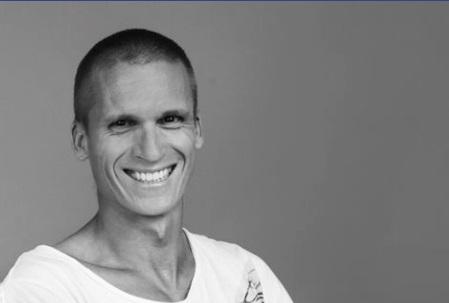
Zoltan Tajli
How was the idea of the student magazine born?
I like writing and being creative, and I also really love the University so I thought that it would be important for Uni.lu to have a student magazine. There had been previous initiatives by students to establish a magazine, but the projects never took off. I pitched the idea to the Office of Student Life (OSL), and they were extremely happy and supportive of my idea to launch such a project. I was also very happy that there was an opportunity to give back to the community because I received a lot of help from many people during my studies. I always had student assistant jobs thanks to my Head of Department and all our professors were always super-helpful... I never had any negative experience at the University of Luxembourg, so I wanted to do something useful for it.
How complicated was it to find people to kick off the magazine with?
In the beginning, I just asked a couple of my fellow philosophy students whether any of them would want to join, and there were three students who agreed right away. We all signed the first registration document, and I sent it to the OSL. They countersigned it and we were registered as a Student Club in May 2022.
There was a lot of foundational work in the beginning: what organisational structure we should have, how the magazine should survive a continuous change in membership because of members graduating and leaving the university. I designed the posters to recruit more people to prepare the first issue. A lot depended on successful recruitment: we knew that the way the magazine would turn out would depend solely on what kind of people join us. OSL was kind enough to send out the recruitment e-mail to all students. The best thing is, though, that only one person joined as a result of the recruitment email - the rest of the members joined thanks to real life, interpersonal communication, which I think is a key factor in any human endeavor.
How many people do you have now in the team?
We have around 12-15 people at the moment, and there have always been that many — sometimes more, sometimes a bit less. Some people join for only a few issues or a semester. Luckily, we always have a lot of text contributions; so much so there are months where we have to be selective regarding written content. There are always more writers than designers. We are in constant need of designers.
Why ROUX?
It was my idea. I came up with the name back in May 2022, before first registering the Student Club. ROUX is an acronym — what the letters stand for shall remain an internal secret of our team. All I can say is that as a student organisation we were not allowed to have the name of the University in our name, because we do not officially represent Uni.lu. Also, I loved the idea to have an X in our logo for aesthetic and brand considerations.
What were the biggest challenges that you faced?
I never had a chance to talk about this with anyone. The biggest challenge for me had to do with leadership, for lack of a better word. I had done creative work in group settings before founding the magazine — organising festivals and art groups, managing bands, publishing a children’s book. Because of this I had experience in how to make a project work, and I knew that people would have to be encouraged and motivated. However, I do not like to regard myself or be considered a leader. Thankfully, the group molded into a fully bottom-up organisation by itself: we still do not have a leader or a manager, and we make decisions fully together. We also respect each other’s work and input, and let everyone bring to the table what they wish and are capable of. At the same time, more than a few people were looking at me asking “what’s next,” which made me uncomfortable. The only way I could be at peace with myself was to just start doing things so people would see that it was possible and worth doing it. So, I worked a lot the first two or three months, from setting up our various online accounts, negotiating print run, liaising with both university and external stakeholders, setting up partnerships, etc. It was not unusual to write 40 emails a day to keep things afloat and moving. It was difficult to invest this much work, but it was difficult for all of us: students have studying to do, we need to have jobs to make money, and the magazine is a volunteer enterprise, so no pressure can be put on anyone to invest more time and energy than they are capable of.
In the end, it worked out because all of us worked really hard. The print run was 50 copies at first, but thanks to the people who joined the magazine and their enthusiasm, the 50 copies were bumped up to 500 within a week of publishing our first issue. We were extremely happy about that. It was a huge milestone for us: it was then when our members actually saw that it is worth doing what we do. Until then, we had been working in the blind, unsure whether what we did had any merit, or whether there was a need for it. We did not know how people would receive our magazine. Thankfully, they received it well — both students and university staff and administration. This was a huge push for us; it was very gratifying.
How do you decide which content should be in the next edition and in which language?
We decided on English at the get go, but we welcome articles in any language. So far we have had articles in French, German, and Luxembourgish. Even though English is the main language of the magazine, multiculturalism and interculturalism are important and encouraged.
Regarding how we decide on content: people pitch their own ideas, and write their own ideas. We fill 32 pages with two-page articles that our writers submit, and that's it. We never said to anyone that they should not write about something, or that their text is sub-standard. We do not vet each other's content. The only limitation we impose on ourselves is university regulations: as a Student Club of the University, we are not allowed to publish political and religious content. Thus, we do not write about day-to-day politics or religion. However, this has not been a challenge for us, as the primary mission of ROUX is for it to be a cultural object, an archivable imprint of student creativity, and an educational tool for its members.
What is your proudest ROUX moment?
It was a very important milestone when we received the University’s 2023 Student Initiative Award last year, jointly with the Iranian Student Association. The award ceremony was a huge experience. Our editorial board attended it along with University staff and with other students and we finally had the chance to allow ourselves to celebrate that the magazine is doing well. After all the work and the stress of juggling studying, jobs and magazine work, it was very nice to see that it is not only us who appreciate what we do. We had a great time during the award show.
However, what makes me even more happy are the small things that happen in our group meetings. I am very happy that the cover of the first issue was drawn by students — there was a big piece of paper on the wall in the Belval Student Lounge and students could write, draw and do graffiti on it. Then we took a photo of that sheet, and that became the cover of our first edition. I was also very happy about the personal connections that formed during our meetings, friendships and romantic connections alike. Our life is what we spend time on, and it is the personal connections we establish along the way that truly matter. If the ROUX team is not just a job, not just a creative outlet but also an important social space for its members, then it is worth doing it. Then it is not just a chore or in our schedule, not just a responsibility, but it also works towards happiness of those involved — and that truly is the greatest thing there is.
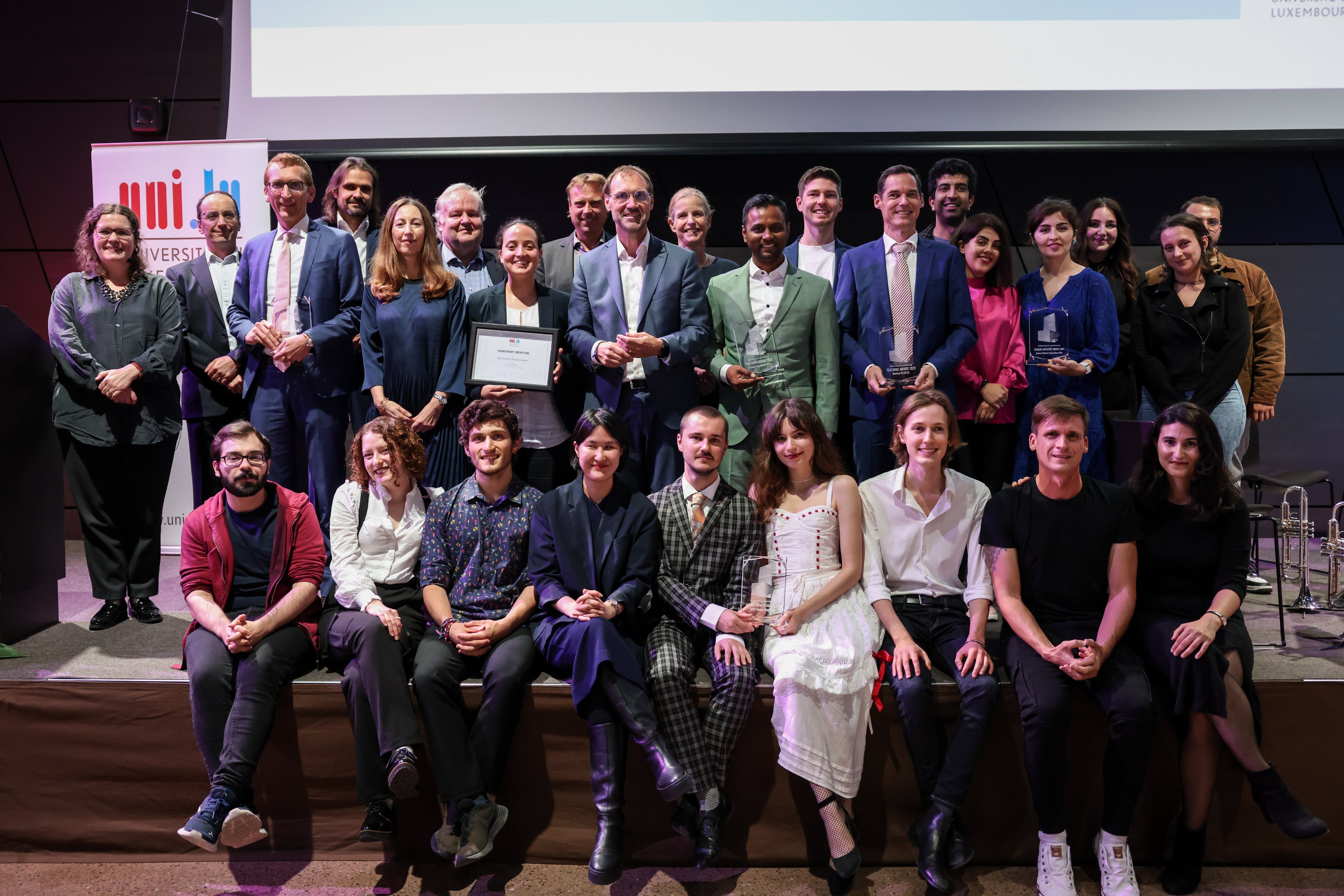
ROUX magazine wins the 2023 Student Initiative Award









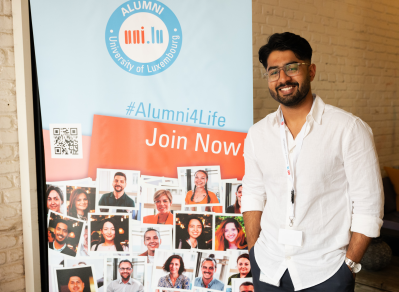
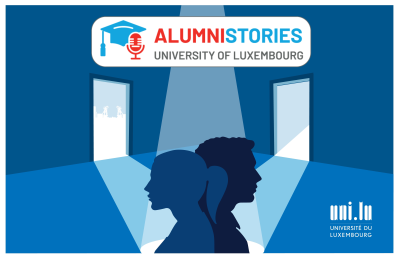




No comment
Log in to post comment. Log in.